New Delhi, December 26, 2022: A new global standard on corporate climate lobbying has been launched by an investor group that includes AP7, BNP Paribas Asset Management and the Church of England Pensions Board. The 14-point Global Standard on Responsible Climate Lobbying (GSRCL) has been developed by the investor group after two public consultations.
The aim of GSRCL is to provide a framework to ensure companies’ lobbying and political engagement activities keep the global warming within 1.5⁰C.
The creation of the 14-point framework saw a huge support from Chronos Sustainability, InfluenceMap and the London School of Economics has also backed the initiative. Furthermore, its development was advised by the UN Principles for Responsible Investment and the Institutional Investors Group on Climate Change (Europe), the Asia Investor Group on Climate Change, and the Investor Group on Climate Change (Australia/New Zealand).
According to the framework, companies should also establish an annual monitoring and review process pertaining to its direct and indirect climate change lobbying activities across all geographies. Furthermore, it also asks companies to form or participate in coalitions that work with the purpose of lobbying in sync with the goal of 1.5⁰C.
“Time must be called on negative climate lobbying. Investors will no longer tolerate a glaring gap between a company’s words and their actions on climate. As active owners we are committed to engaging collectively and individually with companies globally to highlight and improve their climate lobbying accountability and performance and to escalate this stewardship where required,” said Charlotta Dawidowski Sydstrand, sustainability strategist at AP7.
Adam Kanzer, head of stewardship, Americas at BNP Paribas said: “We must ensure that we are all rowing in the same direction. Corporate lobbying that is misaligned with the 1.5°C goal of the Paris Agreement is not simply a waste of corporate assets, it is a common threat to our future.”
Investor action on the climate change lobbying has witnessed a pace over the past few years with AP7, BNP Paribas Asset Management and the Church of England Pensions Board launching a set of European investor expectations in 2018 followed by its launch in the US with the support of 200 institutional investors the following year.
In 2021, the corporates’ climate policy engagement was included amongst the indicators used in Climate Action 100+’s inaugural benchmark.
And today, according to Interfaith Centre on Corporate Responsibility and Ceres, 46 stakeholder resolutions for the 2022 corporate proxies (seeking information about companies’ climate lobbying practices) have been filed by investors.
India’s BRSR on the same lines; Growing role of Indian businesses in climate change
In India too, the Security and Exchange Board of India (SEBI) introduced Business Responsibility and Sustainability Report (BRSR) in the mid of last year. BRSR is a reporting format that acts as a baseline to draw comparisons between environmental, social and governance goals across companies and sectors. The purpose is similar to GSRCL’s to ensure that companies’ keep the global warming within 1.5⁰C by engaging in various climate change initiatives with all stakeholders.
As per BRSR, the top 1000 listed companies (As per market capitalization) have to mandatorily disclose the required information according to the new standards in the current financial year. The same disclosure has to be reported in the following years too.
The disclosure sought under the BRSR provides the much required uniformity as it draws inputs from the global sustainability reporting frameworks.
“Indian companies are buying many gigawatts of renewable energy, slashing their own energy use, and innovating to create products that help customers reduce their emissions. Government needs to incentivize it, a package of policies,” says Dr KK Upadhyay, Professor & Chairperson - Centre for Sustainability & CSR, Birla Institute of Management Technology (BIMTECH).
Furthermore, Deloitte’s Global 2022 CxO Sustainability Survey report observes that over 94 percent of Indian CxOs feel that taking immediate action can limit the worst impacts of climate change, while around 80 percent see the world at a tipping point for responding to climate change. It’s also highly likely for Indian companies to be implementing tougher ‘needle-moving’ climate actions compared with their global counterparts to tackle the alarming climate crisis.
For instance, Tech Mahindra has joined a group of 50 businesses (Having a collective income of US$ 900 billion) to endorse a world corporate climate-lobbying settlement that aims to push alignments of commerce and enterprises associations to be in sync with the Paris Agreement climate targets.
“India must tackle the climate challenge swiftly to shape a sustainable future and the announcements made during the recent Union Budget 2022 are a step in the right direction. The survey results reassure us that Indian CxOs are taking cognizance and action towards climate change, and the new climate-centric regulations being introduced will help boost accountability. We believe it is the impact that matters and making the right climate actions to ‘move the needle’ now, will have a long-term impact. The report reveals that Indian companies are ahead of their global peers in identifying those bold actions and making them a part of their culture,” said Viral Thakker, Partner, Deloitte India.
You may also read:
India's resolve to transition into a renewable energy economy gets a boost with Rajya Sabha passing ‘futuristic’ Energy Conservation (Amendment) Bill
Indian-American entrepreneur & venture capitalist Kanwal Rekhi commits Rs 20 crore to promote rural entrepreneurship in India
Pernod Ricard India commits complete removal of permanent mono-cartons from its packaging by June 2023
“A central advisory committee should be formed to guide geographic and need-based interventions”
British telecom giant BT and British Asian Trust to work with multiple non-profits to empower adolescent girls through digital and life skills






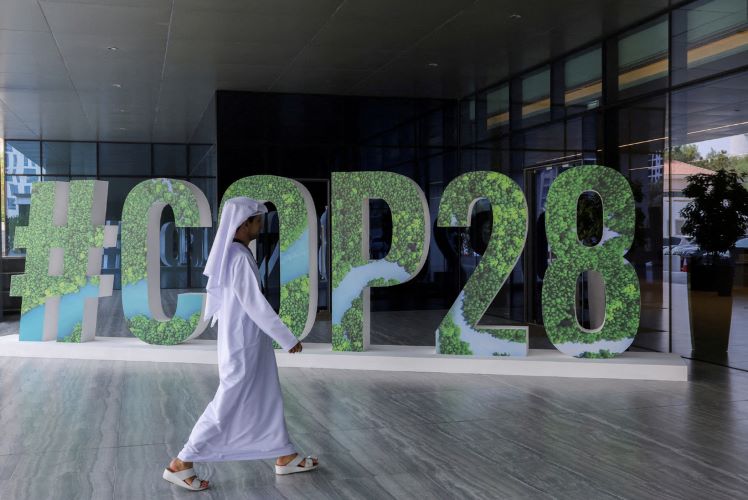
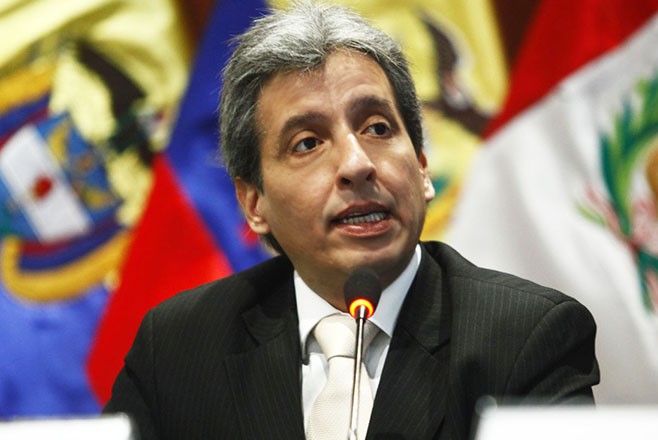
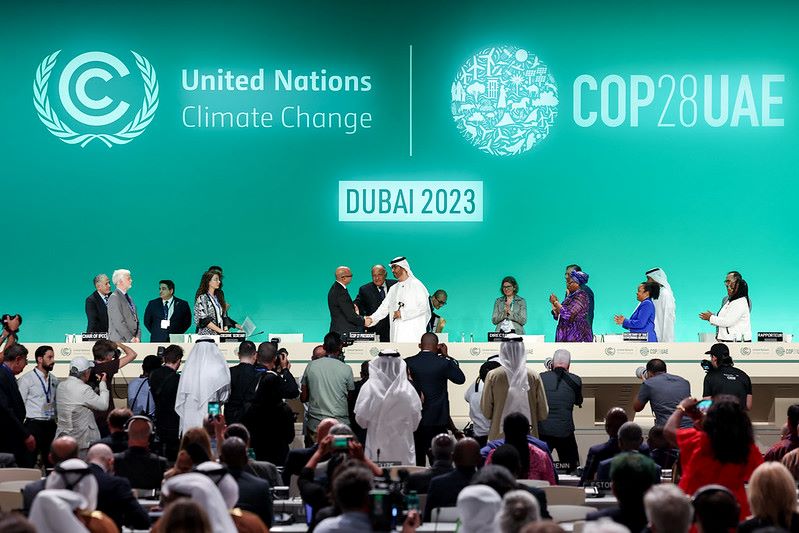
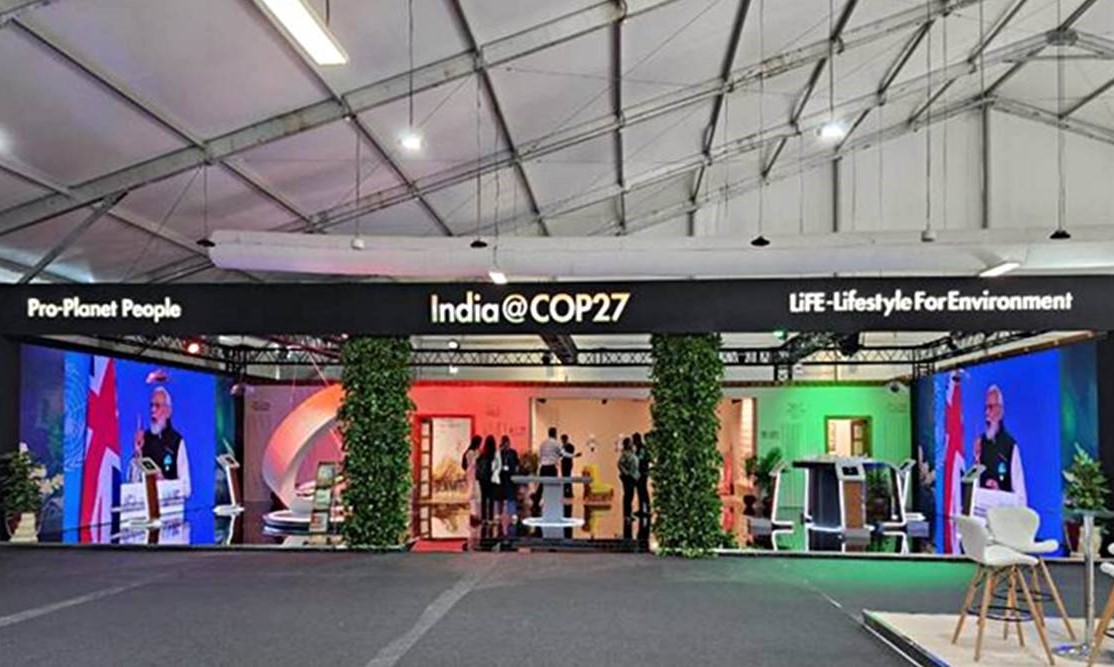
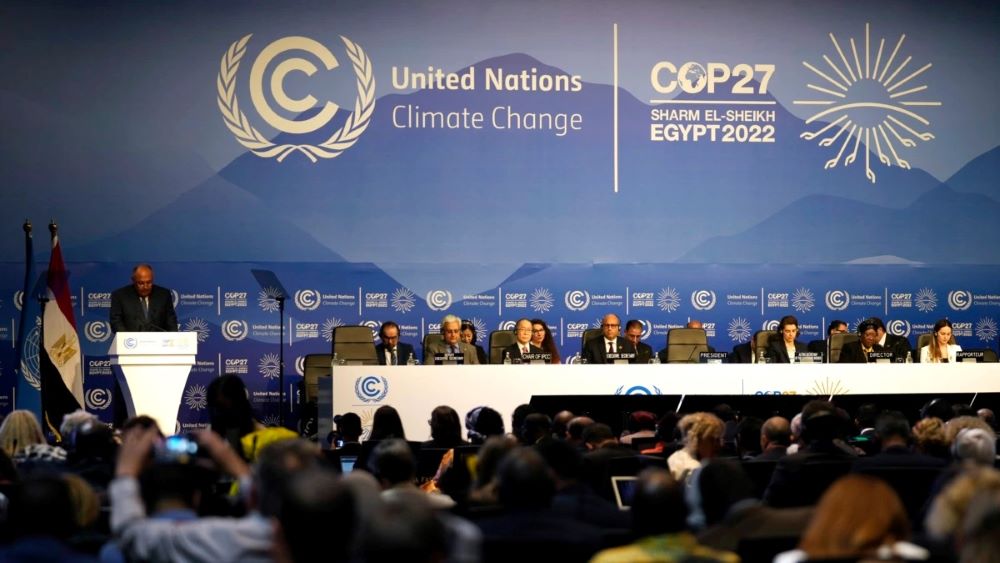




.jpg)



